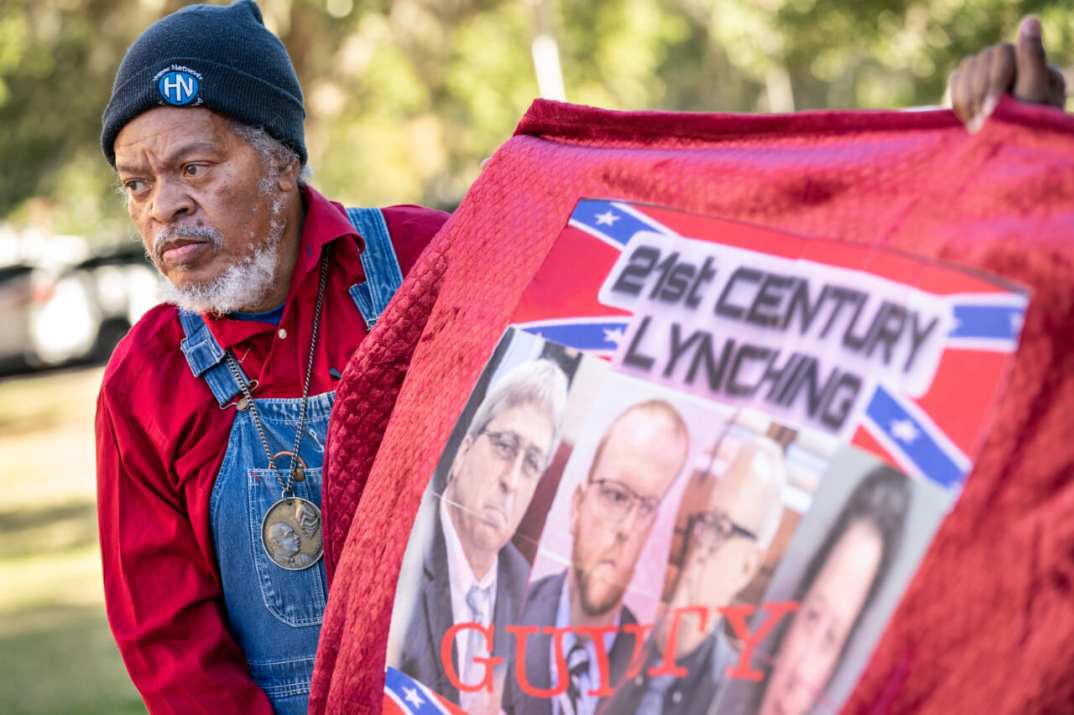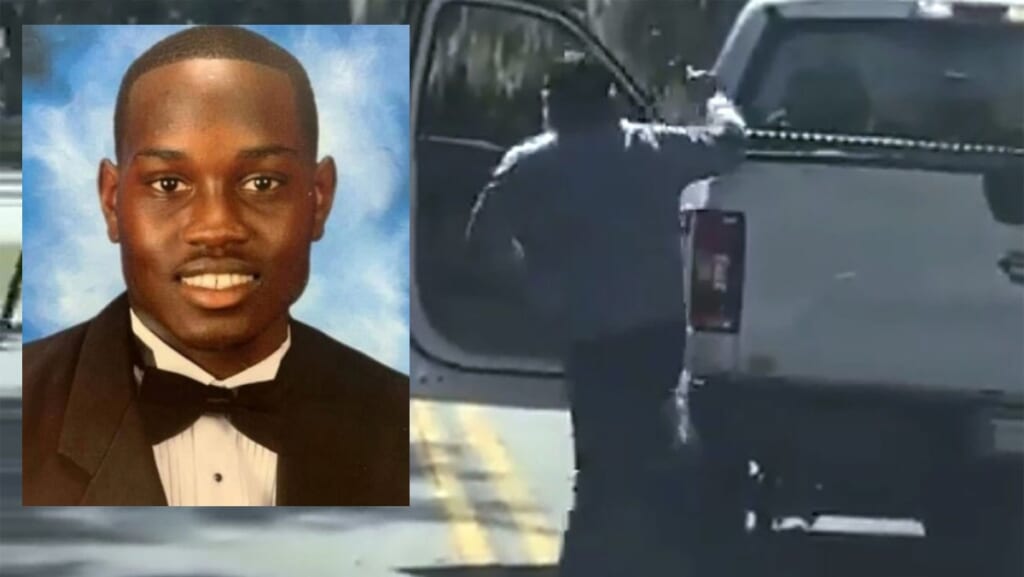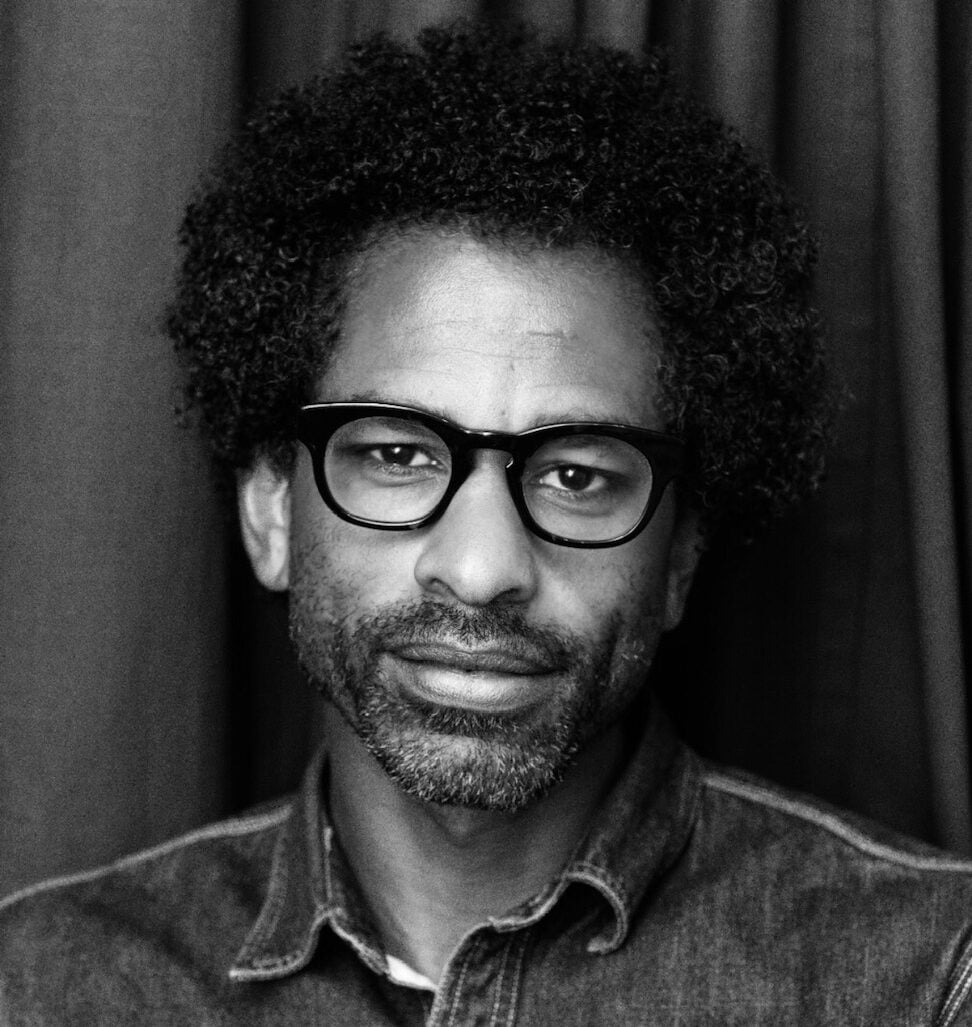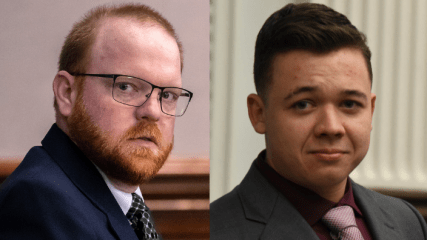Justice for Arbery: White privilege in Deep South wasn’t enough to save McMichaels and Bryan
OPINION: Touré writes that the verdict in the trial for Ahmaud Arbery's murder, while just, does not bring joy as life in prison will not bring him back.

It sure felt like a lynching. There was no noose but those three White men chased Ahmaud Arbery, a jogger who had done nothing, and they cornered him — I feel anxiety just writing that phrase — and even though he was unarmed, they shot and killed him. They lynched him and I want to cry when I think about how terrified and traumatized Arbery must have been in his last moments, his jog turning into running for his life.
Before we can say that in this case the justice system did its job we must note that the justice system tried to avoid doing its job. When this case first came to the prosecutor’s attention they did nothing. They aided in the coverup. It’s only after video of Arbery’s murder was leaked that the justice system was forced to act. And was forced to confront a set of facts so damning that even White privilege in the Deep South wasn’t enough to save these three. Imagine that.

This is the sort of case that White men used to win easily. Whiteness is still, sometimes, a get out of jail free card — see Rittenhouse, Kyle — but, clearly, not always — see McMichael, Travis. It has been a triggering and traumatizing week watching the baby-faced killer go free and having the horrific details of the Arbery murder sit in the forefront of the collective mind. The story of being Black in America remains Rated X for extreme violence and deep sadness and perpetual trauma.
The defense tried to use racism to free their clients. They tried to argue that the specter of Black crime in the area was enough to justify their murderous rampage. They tried to say that because there was a little crime in the neighborhood they had the right to stop and detain this Black stranger. Then the defense talked about Arbery’s toenails. They talked about him having dirty toenails. They tried to call him dirty as if that meant that he was, what, worthy of being killed? They called him criminal and dirty, as if to make him subhuman.

This verdict, while just, does not bring me joy. A man is dead and life in prison for these three will not bring him back. Arbery was 25 years old, a high school football player who loved running and was on his way to becoming an electrician. And if there had not been video — that was recorded by the killer — then no one would have been brought to justice. A message has been sent about what could happen to the murderers of Blacks (if all the evidence is there) but we have sent that message before.
I know America will go down this road again — another White man will think that his Whiteness bolstered by his gun means that he has the right to kill a Black man. Maybe he’ll be convicted, maybe he won’t. Either way, the story of being Black in America will remain triggering and traumatizing and Rated X for extreme violence. Stay safe my sisters and brothers and protect your spirit.

Touré is the host of the podcast “Toure Show” and the podcast docuseries “Who Was Prince?” He is also the author of seven books.
Have you subscribed to the Grio podcasts, ‘Dear Culture’ or Acting Up? Download our newest episodes now!
TheGrio is now on Apple TV, Amazon Fire, and Roku. Download theGrio today!

